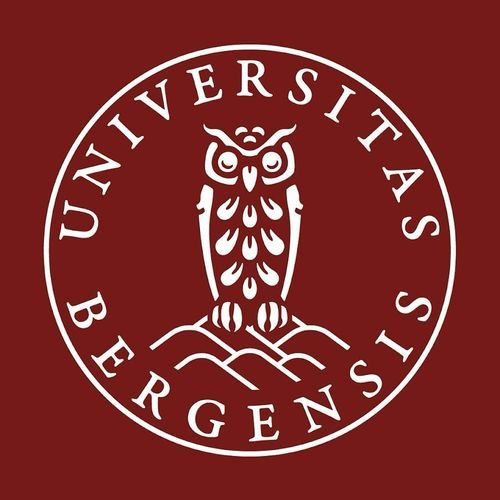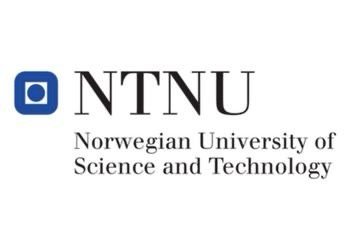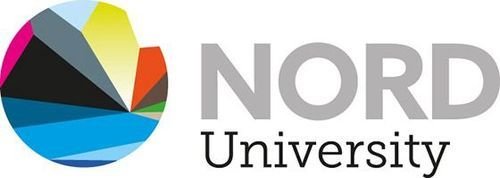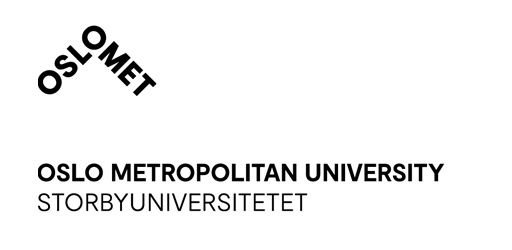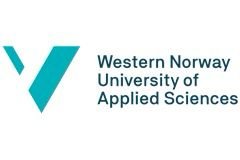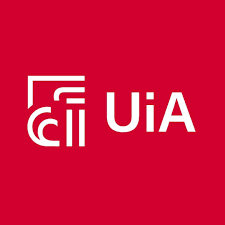Norway is a Nordic country in Northern Europe, located on the western part of the Scandinavian Peninsula.
Norway has some of the best universities in the world, with many of them ranking among the top in the world.
Norway offers a high standard of education with a focus on research and innovation. The universities are known for their academic excellence.
Many programs are offered in English, making them accessible to international students. Language is generally not a barrier for non-Norwegian speakers.
Norwegian and EU/EEA students can enjoy tuition-free education at public universities. While there may be some fees, the overall cost is comparatively lower.
Norway's landscapes, including fjords, mountains, and Northern Lights, provide a unique backdrop for an enriching academic experience.
Norway's social welfare system ensures that students have access to healthcare, affordable accommodation, and other support services.
Norway allows international students to work part-time during their studies and full-time during semester breaks. This can be beneficial for gaining practical experience.
Norway has been acknowledged as “the best country in which to live” several times by the United Nations Human Development Report. “Education for all” is the fundamental principle in Norway, and with few exceptions there are no tuition fees. The degree scheme is based on the Bachelor’s, Master’s and Ph.D. structure, together with the ECTS credits system, thereby, making it easy for students at Norwegian institutions to receive credit of their qualification in other countries.
Duration - Three years
Awarded by: State universities, specialized university institutions, university colleges and other higher education institutions, both private and public.
Duration: 1–2 years
Awarded by: State universities, specialized university institutions, and several university colleges and some private institutions.
Duration - Three years
Awarded by: University-level institutions, some state university colleges and a few private institutions.

